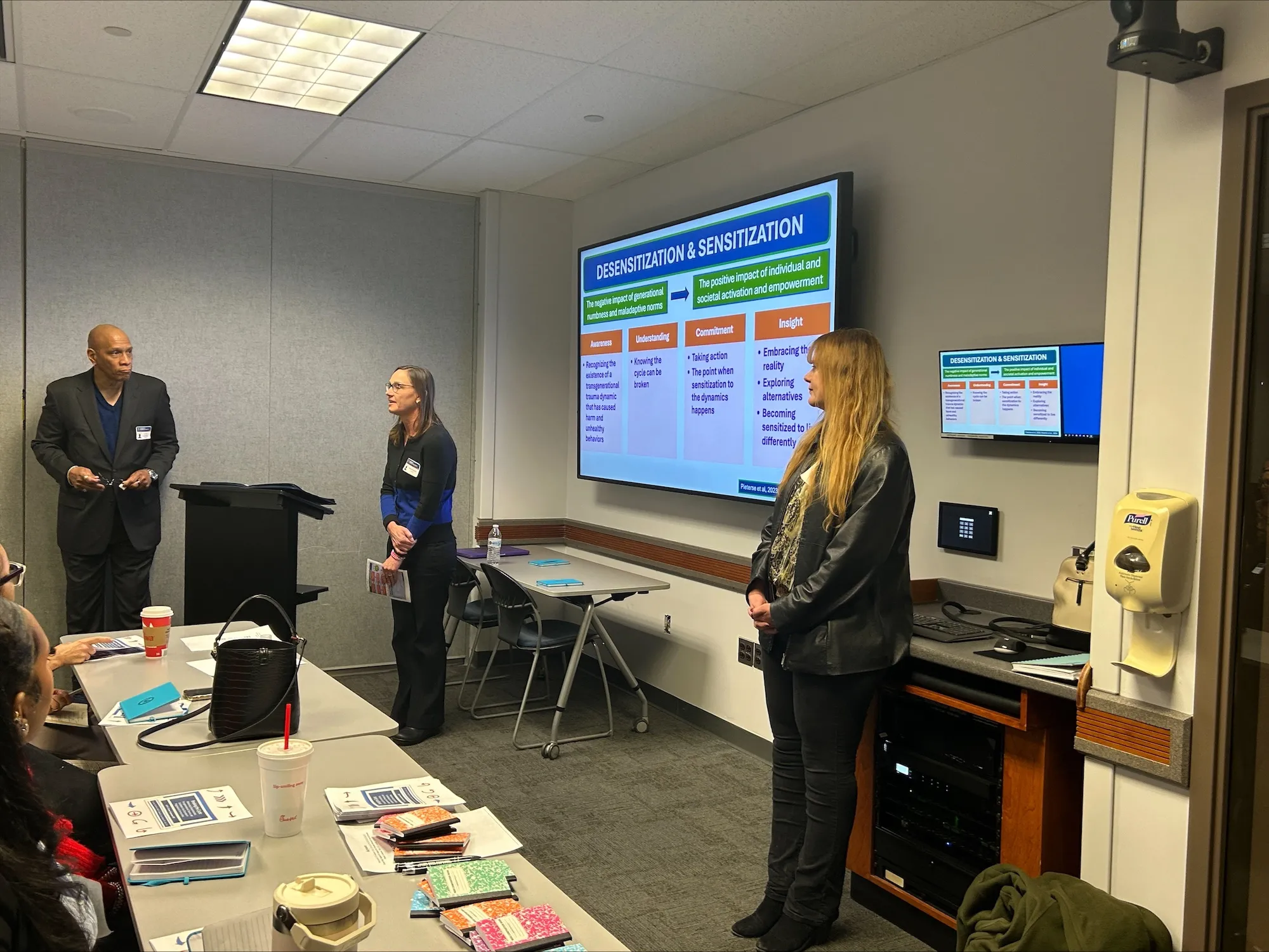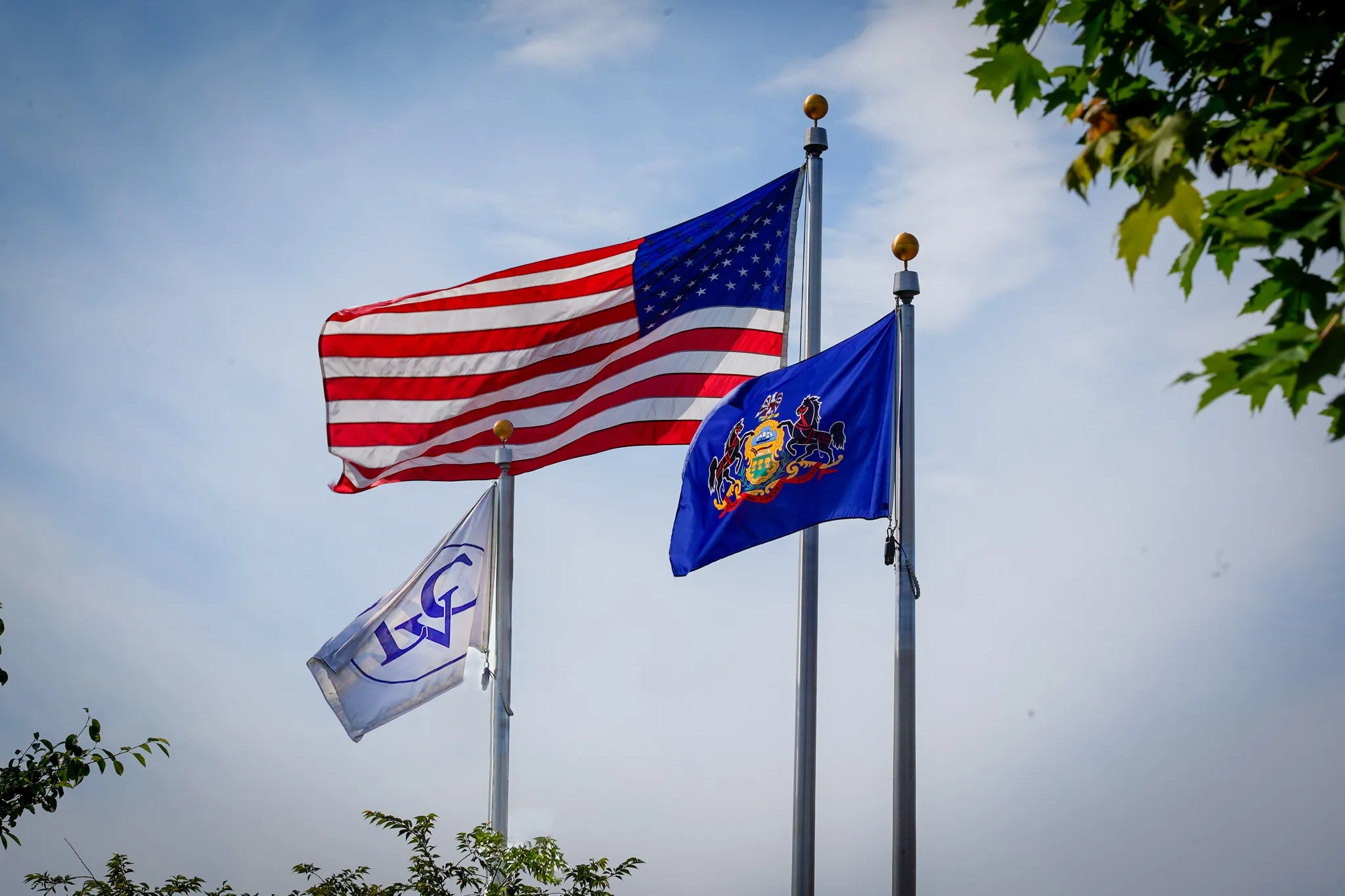
LVC News
- Accounting
- Accounting/MBA 3+1
- Actuarial Science
- Allwein Scholars
- Alumni Profiles
- Athletic Training
- Athletics
- Awards
- Biochemistry & Molecular Biology
- Biology
- Breen Center
- Business Administration
- Campus
- Chemistry
- Clinical Exercise Physiology
- Clinical Mental Health Counseling
- Community Service
- Computer Science
- Creative Arts
- Creative Writing
- Criminal Justice
- Data Science
- Digital Media
- Economics
- Education
- Engineering
- English
- Environmental Science
- Esports
- Exercise Science
- Faculty Profiles
- Gallery
- German
- Giving
- Graduate Studies
- History
- Honors
- Intelligence and Cybersecurity
- Interaction Design
- International Business and Policy
- LVEP
- Marketing
- Mathematics
- MBA
- Medical Humanities
- Medical Laboratory Science
- Music
- Music Education
- Music Production
- Neuroscience
- Nursing
- Physical Therapy
- Physics
- Political Science
- Pre-Law
- Pre-Medical Professions
- Psychology
- Self-Designed
- Social Justice and Civic Engagement
- Sociology
- Spanish
- Speech-Language Pathology
- Sport Performance
- STEM Education
- Student Profiles
- Study Abroad
- Sustainability
- Transfer
- Undecided/Exploratory
Managing Your Mental Health During Election Season

As election season approaches, many people begin to feel overwhelmed by the constant media coverage, debates, and the uncertainty that surrounds this highly charged period. The emotional toll of political races is real, making it essential to set healthy boundaries to protect your mental health. Managing election-related anxiety and navigating conversations during such stressful times requires intentional actions and thoughtful engagement.
One of the most effective ways to cope with election anxiety is by focusing on what you can control. Elections, by their very nature, feel vast and consequential, often leaving individuals with a sense of powerlessness. This can easily lead to spiraling feelings of anxiety. To counter this, it helps to direct your energy towards areas where your actions can make a tangible difference. This might mean voting, joining community organizations, or participating in campaigns that align with your values. By engaging in meaningful, purposeful activities, you can combat the helplessness that often accompanies such large-scale events.
“It’s important to recognize that much about the election process remains beyond your control. It’s easy to get caught up in endless scrolling through news feeds or diving into heated debates, but this can actually heighten anxiety,” said Cynthia Vejar, Program Director and Associate Professor of Clinical Mental Health Counseling at Lebanon Valley College. “Learning to step back when the media frenzy becomes overwhelming is crucial for maintaining emotional balance. Setting boundaries on when and how you engage with election coverage doesn’t mean disconnecting entirely—it’s about being mindful of how much energy you devote to it and knowing when to take breaks.”
Politics, especially during election season, can often lead to heated conversations, particularly when friends or family members hold opposing views. When engaging in these discussions, it’s important to first assess what kind of conversation you want to have and gauge the intentions of the other person. Some individuals enjoy spirited debates, while others might prefer a more measured exchange. Before entering into political conversations, consider your own comfort level. If you know that a certain person enjoys passionate political debates, ask yourself if you are prepared for that kind of discussion. If not, it’s perfectly fine to redirect the conversation or set boundaries around the topic. If you’d like to keep things light but still express your views, having prepared talking points can help defuse tension without shutting down the dialogue altogether.
For students, election anxiety may be exacerbated by the pressure to navigate political conversations in academic or campus settings. Instructors often encourage open discussions around elections, and it’s helpful to determine whether a particular class feels like a safe space for these conversations. If you’re concerned about being a political minority in a discussion, reaching out to the instructor beforehand can help ensure a balanced and constructive dialogue. Additionally, many campus counseling centers offer support for those experiencing election-related anxiety, and if a specific group doesn’t exist to meet your needs, creating one can be a powerful way to build community and alleviate feelings of isolation.
It’s important to remember that the stress of election season doesn’t necessarily end once the votes are counted. Many people anticipate a sense of relief when election day passes, but anxiety often lingers, especially if the results don’t align with their hopes or expectations. Developing strategies early on, such as limiting media consumption or practicing self-care through relaxing activities, can help you navigate the aftermath with less emotional strain.
Elections can also stir up intense emotions like anger, frustration, and even despair. Rather than letting these feelings fester, finding constructive outlets for them is crucial. Empathy, for example, can be a valuable tool in managing these emotions. This doesn’t mean agreeing with or accepting opposing views, but it does mean striving to understand where others are coming from. By practicing empathy, you open the door to more meaningful conversations across political divides, which can sometimes lead to finding common ground—or at least an agreement to listen respectfully. While anger is a natural response, reflecting on how you can express these feelings in a productive way—whether through action or conversation—helps prevent further conflict and emotional burnout.
Ultimately, election season can be a stressful time, but by setting boundaries, finding supportive spaces, and fostering empathy, you can reduce the mental toll it takes. Developing a plan to manage your emotions, staying engaged in a healthy way, and seeking out constructive dialogue will help protect your well-being as you navigate the democratic process.




